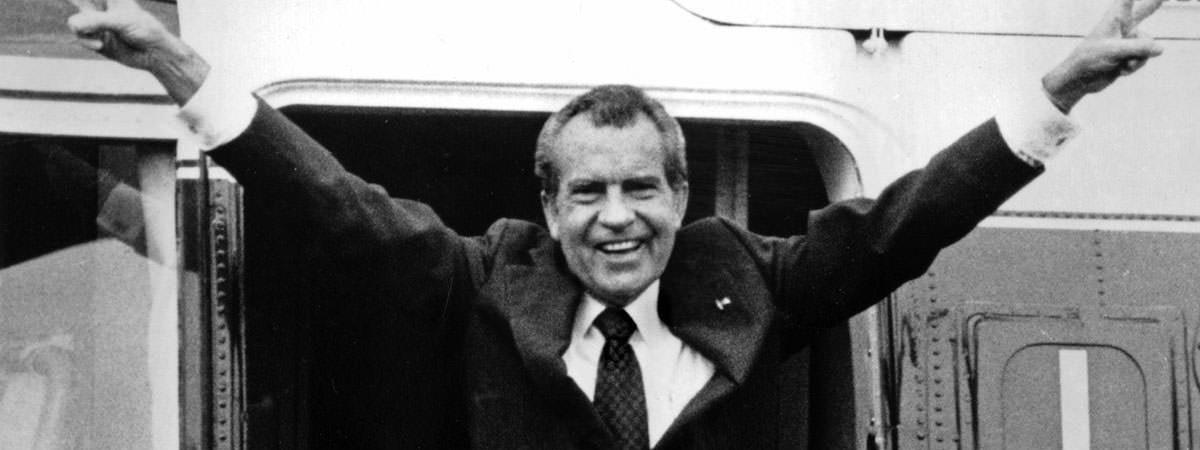

Continue reading “THIS DAY IN HISTORY – President Nixon signs national speed limit into law – 1974”
On January 2, 1974, President Richard M. Nixon signs the Emergency Highway Energy Conservation Act, setting a new national maximum speed limit.
Prior to 1974, individual states set speed limits within their boundaries and highway speed limits across the country ranged from 40 mph to 80 mph. The U.S. and other industrialized nations enjoyed easy access to cheap Middle Eastern oil from 1950 to 1972, but the Arab-Israeli conflict changed that dramatically in 1973. Arab members of the Organization for Petroleum Exporting Countries (OPEC) protested the West’s support of Israel in the Yom Kippur War by stopping oil shipments to the United States, Japan and Western Europe.
Continue reading “THIS DAY IN HISTORY – President Nixon signs national speed limit into law – 1974”
On January 2, 1974, President Richard M. Nixon signs the Emergency Highway Energy Conservation Act, setting a new national maximum speed limit.
Continue reading “THIS DAY IN HISTORY – President Nixon signs national speed limit into law – 1974”
On this day in 1974, President Richard M. Nixon signs the Emergency Highway Energy Conservation Act, setting a new national maximum speed limit.
Prior to 1974, individual states set speed limits within their boundaries and highway speed limits across the country ranged from 40 mph to 80 mph. The U.S. and other industrialized nations enjoyed easy access to cheap Middle Eastern oil from 1950 to 1972, but the Arab-Israeli conflict changed that dramatically in 1973. Arab members of the Organization for Petroleum Exporting Countries (OPEC) protested the West’s support of Israel in the Yom Kippur War by stopping oil shipments to the United States, Japan and Western Europe. OPEC also flexed its new-found economic muscle by quadrupling oil prices, placing a choke-hold on America’s oil-hungry consumers and industries. Continue reading “THIS DAY IN HISTORY – Nixon signs national speed limit into law – 1974”